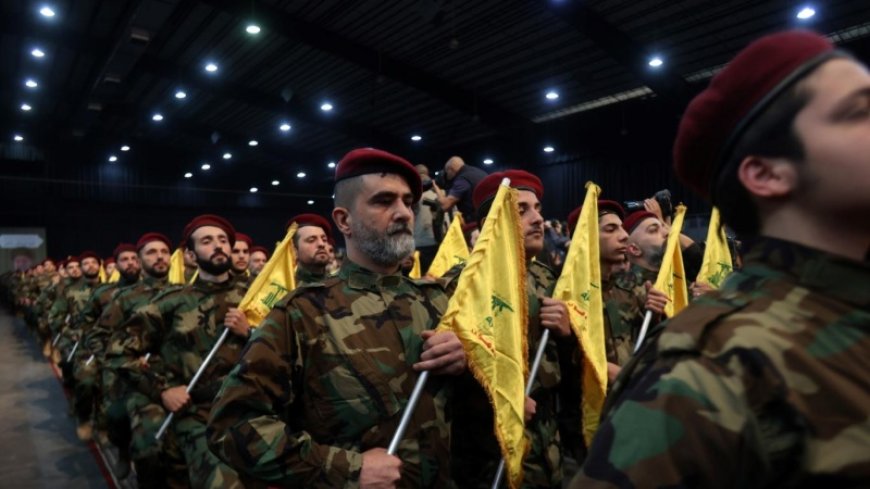Sheikh Naim Qassem, Hezbollah's Deputy Secretary General, issued a strong warning to Israel, reaffirming Hezbollah's commitment to supporting Gaza. He cautioned that any aggressive move against Lebanon would be met with a devastating response. "If the Zionists seek to expand the war, they will receive a crushing response from Hezbollah," he stated.
In a significant acknowledgment, General Ram Aminakh of the Israeli reserve army recognized Hezbollah as one of the world's top five missile powers in terms of arsenal size. This admission underscores the substantial threat posed by Hezbollah's missile capabilities.
Strategic Withdrawal Suggested to Prevent War
The Israeli newspaper Yedioth Ahronoth reported that military assessments suggest a strategic withdrawal of Israeli forces from Rafah could prevent the escalation of conflict with Hezbollah. The article indicated that such a move might avert war along Lebanon's borders and in the occupied territories.
Hezbollah's Latest Military Operations
According to the Al Nashra news agency, Hezbollah recently conducted a successful operation in northern occupied territories. Islamic Resistance fighters destroyed two Israeli military weapons, showcasing their operational capabilities and continued resistance against Israeli forces.
Hezbollah's Advanced Military Technology
Yedioth Ahronoth also highlighted Hezbollah's sophisticated military technology, describing it as highly dangerous. The newspaper noted that the infiltration of hundreds of drones from Lebanon demonstrated the limitations of Israel's security and military systems in countering these advanced threats.
Arab League Reestablishes Ties with Hezbollah
In a notable diplomatic shift, the Arab League has revised its stance on Hezbollah. Assistant Secretary General of the Arab League, Hessam Zaki, announced after a visit to Beirut that the organization no longer classifies Hezbollah as a terrorist group. This change facilitates renewed diplomatic engagement with Hezbollah, reflecting a significant realignment in regional politics.
The recent developments underscore the volatile situation in the Middle East, with Hezbollah's growing military prowess and the shifting political dynamics within the Arab League adding complexity to the Israeli-Lebanese conflict. As tensions escalate, the international community watches closely, anticipating potential outcomes of this renewed confrontation.














































